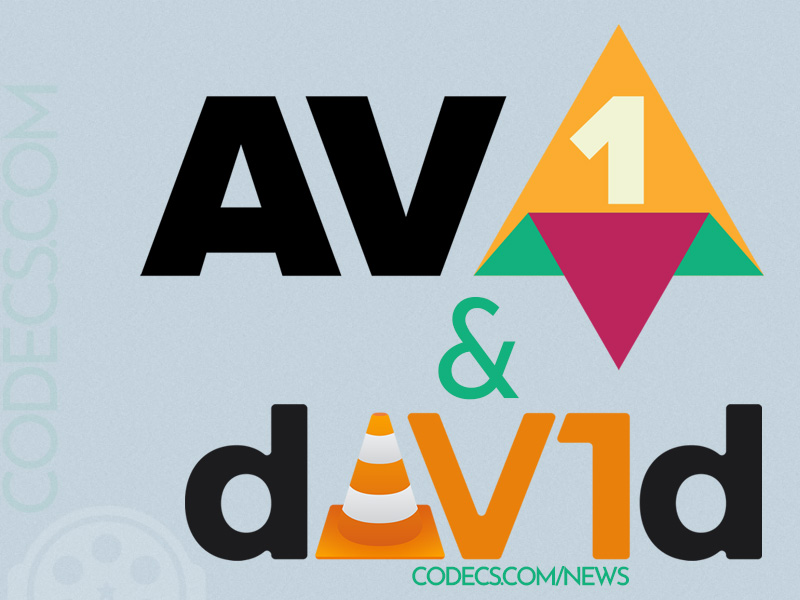AV1 Upgrades Android Video with VideoLAN's libdav1d Codec
Video streaming has become a staple of modern entertainment, offering a vast array of content choices. However, its quality relies heavily on the efficiency of the video codecs.
Android's integration of AV1 software decoding promises users a smoother and more enjoyable streaming experience.
What exactly sets AV1 apart, and why should it matter to you?
Picture it as the invisible force refining your video content, delivering higher quality imagery while consuming fewer data resources.
Developed by the Alliance for Open Media, AV1 represents a leap forward in video compression technology, outperforming predecessors like H.264 and VP9.
Its prowess lies in delivering superior video quality at lower bitrates, a boon for users seeking crisp, vibrant visuals without compromising on data consumption or buffering interruptions.
A standout feature of AV1 lies in its superior compression efficiency, enabling it to offer higher quality video streams at equivalent or even reduced bitrates compared to existing codecs. This bodes well for mobile users, ensuring smoother streaming experiences even under adverse network conditions or in regions with limited bandwidth availability.
Arif Dikici, the Android system development manager, recently announced a significant improvement in the video playback experience on Android devices. The March 2024 Play System update has transitioned to VideoLAN’s open-source libdav1d codec, enhancing support for AV1-encoded video. This marks a notable advancement for Android users.
The AV1 video decoder, heralded by Arif Dikici, promises superior quality and efficiency.
It has been rolled out to all Android devices from Android S backward, empowering devices to decode 720p30 videos smoothly using dav1d. While apps currently need to opt into dav1d, it will soon become the default AV1 software decoder, as reported by Mishaal Rahman from Android Central in February.
Libdav1d is now available on Android 12+ devices with the March 2024 Google Play System Update or newer. Although the default codec remains libgav1, apps can manually switch to libdav1d.
YouTube has already initiated this transition (read YouTube Goes AV1), albeit with mixed results for some users.
Compared to libgav1, libdav1d offers significantly improved efficiency and performance in decoding AV1 videos, making it a preferred choice.
The integration of libdav1d into Android devices signifies a substantial leap in video playback quality and efficiency. This codec optimally utilizes device CPU resources, reducing bandwidth consumption and enhancing the overall video playback experience.
In addition to the AV1 codec update, there are ongoing efforts to address Bluetooth latency issues, which have persisted in the Android ecosystem.
While Bluetooth technology has improved, latency issues remain prevalent, particularly during video or gaming activities. Proposed solutions include proprietary codecs like Samsung’s or LDAC, which have shown promise in reducing latency and enhancing user experience.
This update is expected to benefit users by enabling smoother and more efficient video playback, even on devices without dedicated AV1 hardware.
While there may be concerns regarding increased CPU demands and potential battery drain, the overall improvement in video playback performance is commendable. The future of video streaming on Android is undoubtedly promising with the adoption of the AV1 codec.
So, how can you make the most of AV1 support on your Android device?
Fortunately, many leading video streaming applications and platforms are already embracing the AV1 codec. As long as your device supports AV1 decoding, you can expect to reap the benefits seamlessly when streaming videos on compatible platforms.
The impending integration of AV1 software decoding into Android devices signifies a significant leap forward in enhancing the video streaming landscape for users.
With its ability to deliver superior video quality while conserving bandwidth, AV1 promises a more gratifying streaming experience.
See also: AV1 Codec Hardware Decode Adoption














